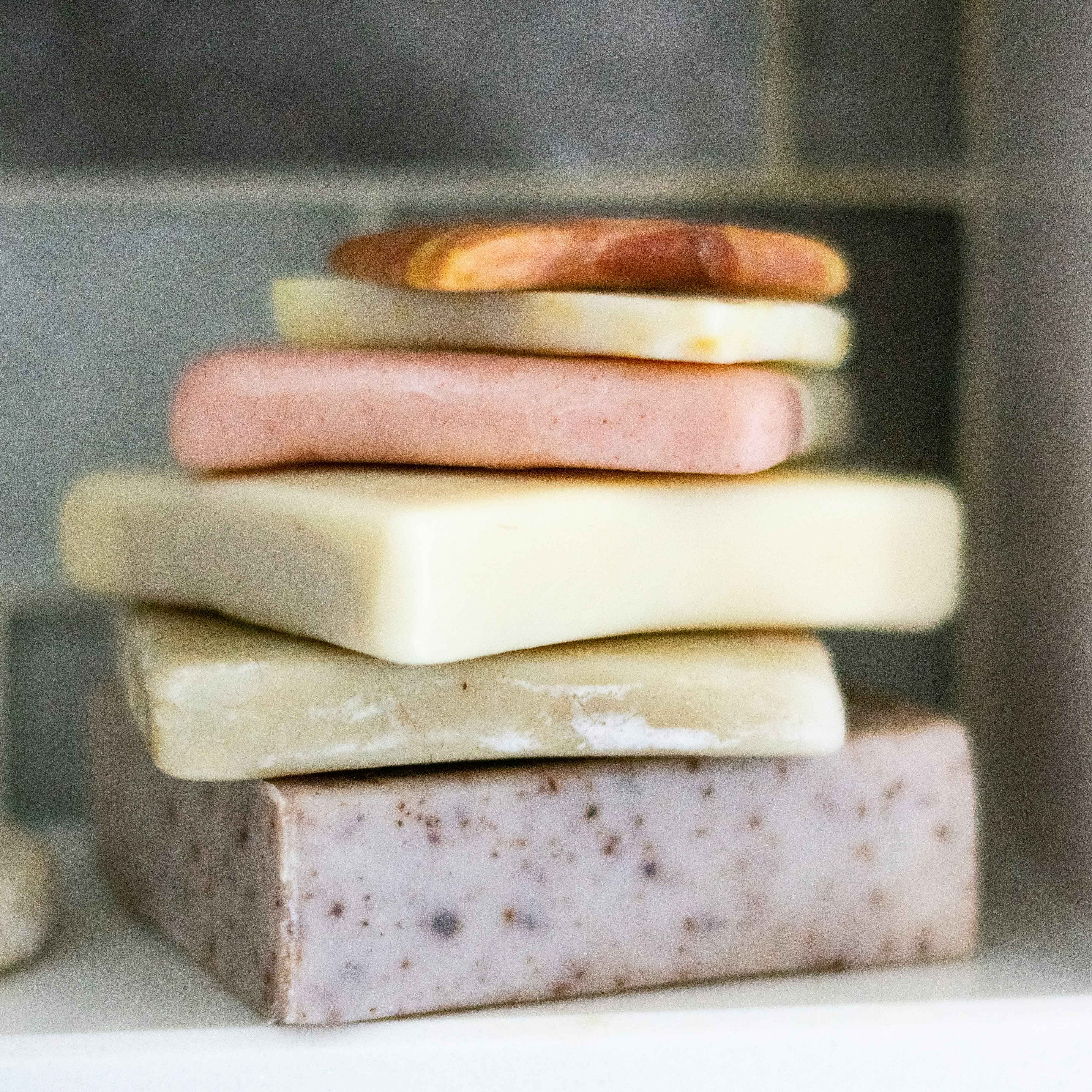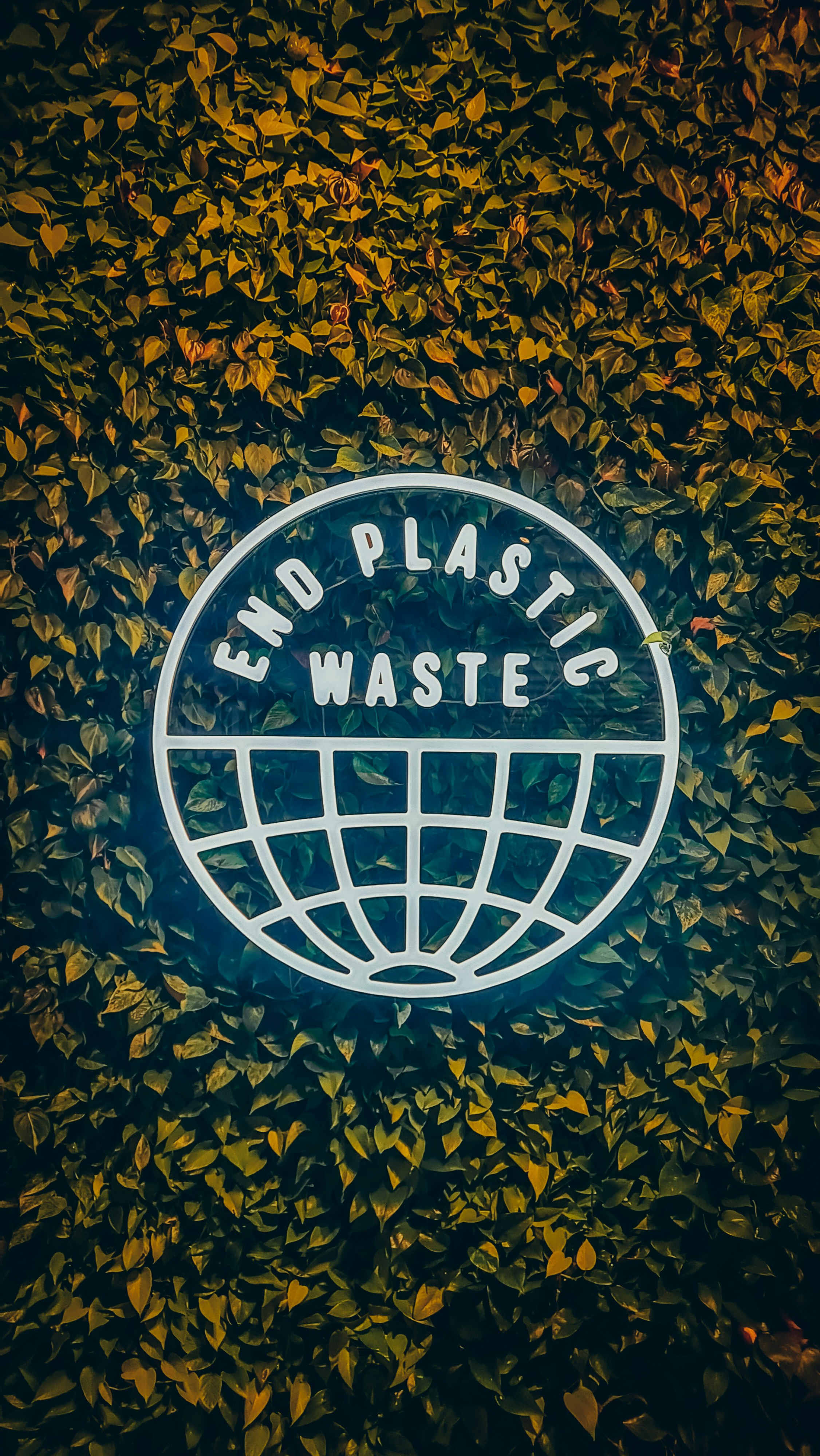10 Simple Swaps for a More Sustainable Kitchen Today
In a time when eco-consciousness is more crucial than ever, creating a sustainable kitchen doesn't seem just aspirational; it's a necessity. Making eco-friendly choices can seem overwhelming, but what if we told you that small, everyday swaps can make a world of difference? Implementing these changes can reduce waste, lower your carbon footprint, and simplify your kitchen life. Let’s dive into ten practical swaps that help you achieve a more sustainable kitchen approach while positively impacting both your health and the planet.
1. Plastic Wrap to Beeswax Wraps: A Natural Touch
Plastic wrap is a staple in many kitchens, but it's also known for its adverse environmental effects. Instead of using plastic wrap for food storage, consider switching to beeswax wraps. Made from organic cotton infused with beeswax, these wraps are reusable, biodegradable, and can easily be molded around food items or dishes.
Not only do they reduce plastic waste, but they also help keep your food fresher for longer. Simply wash them with cool water and mild soap, and they’re ready for your next use. For more on the benefits of beeswax wraps, check out this HuffPost article.
2. Traditional Dish Soap to Organic Soap Bars: Gentle on Nature
The dish soap sitting under your sink might be cleaning your plates, but it's also contributing to water pollution when it enters our broader ecosystems. Switching to an organic soap bar made from natural ingredients can drastically reduce your environmental impact.
These organic soaps are often plant-based, cruelty-free, and have minimal packaging, adding to their sustainable appeal. When looking for organic soap options, choose brands that prioritize eco-friendly ingredients, like those certified by the Environmental Working Group.
3. Disposable Paper Towels to Reusable Cloths: A Smart Savings
While paper towels are convenient, they lead to significant waste and resource depletion. Instead, consider using reusable cloths, which can be made from old t-shirts or towels, or purchased as sustainable cotton alternatives.
Having a stack of reusable cloths can also save you money in the long run. They are washable and can be used repeatedly for cleaning, cooking spills, or even as napkins, providing a multi-functional solution.
4. Single-use Plastic Bags to Reusable Produce Bags: A Safer Choice
Picking up produce often means dealing with those small single-use plastic bags—an unnecessary addition to your grocery habits. Transition to reusable produce bags made from mesh or organic cotton. These bags can be used and cleaned frequently, thus reducing your plastic waste dramatically.
This small swap impacts the environment positively, and they can also make it easier to organize your groceries. Make sure to store them conveniently in your reusable shopping bag to never forget to take them with you.
5. Conventional Sponges to Compostable Sponges: Ditch the Synthetic Waste
Most conventional sponges are synthetic and non-biodegradable, making them a poor choice for eco-conscious kitchens. Instead, seek compostable sponges made from natural materials like cellulose, which break down easily and return to the earth after use.
These sponges are not only more environmentally friendly but are effective in cleaning just as well, without contributing plastic waste to landfills.
6. Glass Bottles to Refill Stations: Hydrate Sustainably
Instead of purchasing bottled water or drinks repeatedly, invest in a quality reusable glass bottle. Look for local refill stations where you can refill your bottle with water or beverages, minimizing both waste and transport emissions.
Utilizing refill stations reduces plastic consumption and often saves you money in the long run. Many cities are also investing in drinkable refill stations that enhance accessibility while keeping sustainability a priority.
7. Non-organic Cookware to Eco-Friendly Cookware: Safe for You and Earth
Nonstick cookware often contains harmful chemicals that can leach into food and the environment. Swapping to eco-friendly cookware made from materials like ceramic, stainless steel, or cast iron can significantly reduce your kitchen's harmful footprint.
These options are typically longer-lasting and healthier, as they are free from harmful chemicals found in traditional nonstick coatings. Investing in quality cookware not only makes your meals healthier but also promotes sustainable practices through longevity and responsible manufacturing.
8. Plastic Containers to Glass Storage: A Durable Solution
Many households still rely on plastic containers for food storage, which can emit toxins and cause problems during food reheating. By switching to glass storage containers, you not only elevate your kitchen aesthetics but also enhance functionality.
Glass containers are durable, often dishwasher and microwave-safe, and free from harmful BPA. They’ll help keep your food fresher without any chemical leeching while promoting a more sustainable lifestyle. For insights on the benefits of glass versus plastic, refer to this guide from NRDC.
9. Traditional Cleaning Products to DIY Eco-Friendly Cleaners: Safe and Effective
Cleaning products packed with chemicals can have adverse effects on your health and the environment. Making your own cleaners from vinegar, baking soda, and natural essential oils is not only a fun DIY project but a sustainable swap as well.
Homemade cleaners can effectively tackle various messes while avoiding harmful toxins. Sites like this blog on green cleaning can give you fantastic recipes for everything from all-purpose cleaners to glass cleaners.
10. Conventional Coffee Machines to French Press or Pour Over: Mindful Brewing
Switching your coffee-making method can drastically reduce energy consumption. Traditional coffee machines often use electricity and create waste with disposable filters. Instead, opt for a French press or pour-over system that allows for a more mindful brewing process.
This approach not only cuts down on energy use but also encourages you to enjoy your coffee time more intentionally. Plus, it often yields fresher and more flavorful coffee. Many coffee aficionados argue that hand-brewed methods offer a more enjoyable experience, making this swap a win-win!
Next Steps for Your Sustainable Kitchen Adventure
Embarking on sustainability can feel overwhelming, but taking even one small step today can build a foundation for a greener tomorrow. By swapping everyday items with eco-friendly alternatives, you contribute to a healthier planet and incentivize others to do the same.
Reflect on the changes you've made in your kitchen, and consider implementing a few more suggestions at a time. Engage your family and friends in discussions about sustainability to create a ripple effect of change. Your sustainable journey doesn't have to be perfect—it's about progress, not perfection.
Remember, the impact of small actions adds up, and together, we can cultivate environments that reflect our values. Each swap you make is a vote for a cleaner, more sustainable future.





